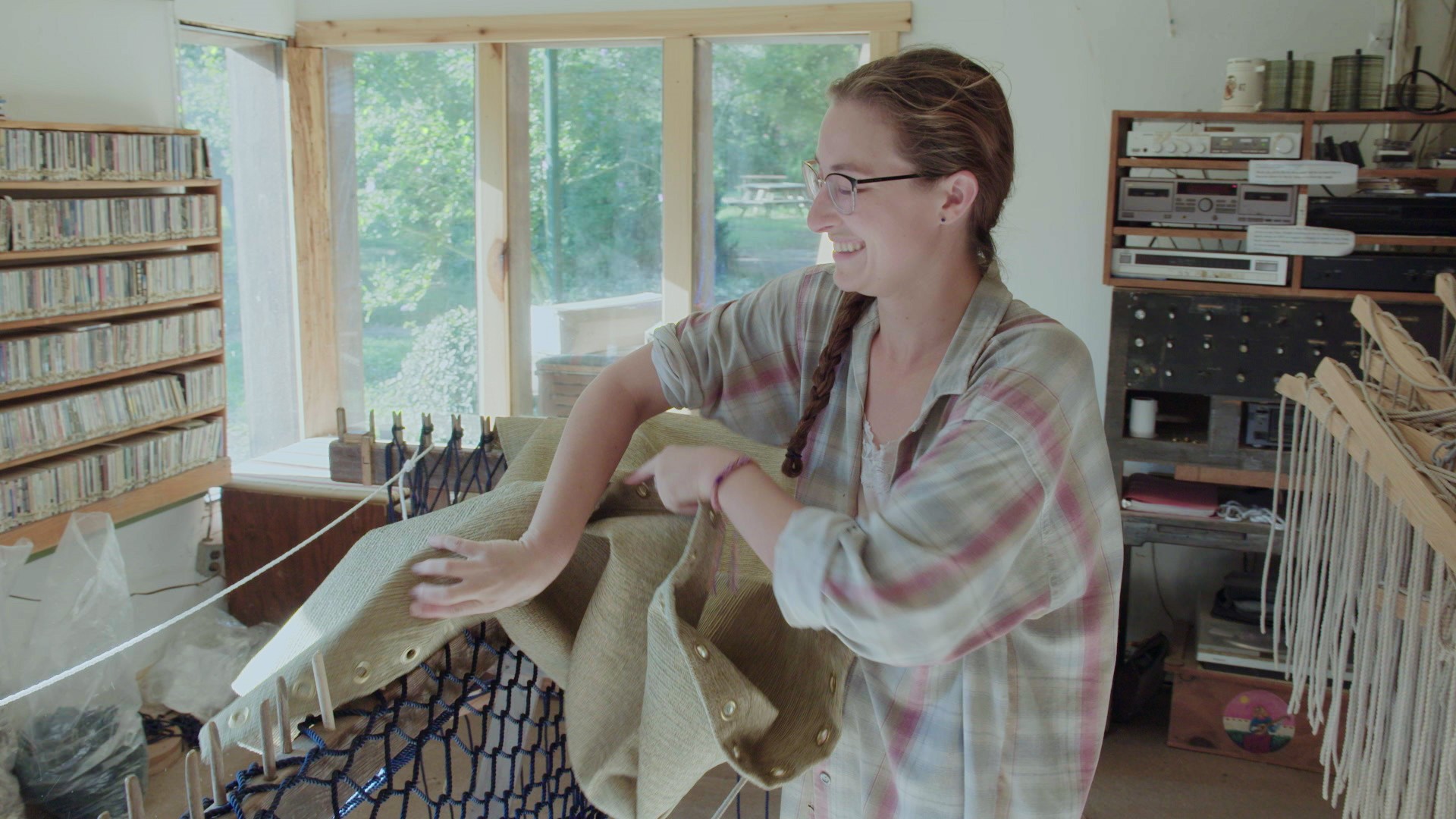Photo: Justin Sullivan/Getty Images
Welcome back to Evesplaining, politics writer Eve Peyser's column about why everyone else is wrong and she's right.A Democratic National committeeman from California has put forth a resolution asking Bernie Sanders, along with Maine Senator Angus King, to officially join the party by replacing the "I" (for "independent") with a "D," making their casual cohabitation with the party a full-blown marriage.Sanders should (and probably will) give this proposal what it deserves: a polite no thank you!For those versed in the petty squabbles that turn leftists against liberals and vice versa, this conflict is familiar. For those not in the know: Sanders and King are technically independents but caucus with the Democrats; Sanders is currently the chair of the Senate Democratic Outreach Committee. Whatever you call him, Sanders is obviously incredibly popular among Democratic voters, running surprisingly strong against Hillary Clinton in 2016 and coming out at the top of a much too early poll of New Hampshire Democrats about possible 2020 contenders.But the centrist, pro-Clinton wing of the party has been somewhat (dare I say) bitter about the Vermont senator's refusal to go full Democrat. In her election memoir, What Happened, Clinton made sure to note that "he isn't a Democrat—that's not a smear, that's what he says." In September, former DNC chairman Don Fowler, who has called upon Sanders to officially join the party, told Politico, "The Democratic Party has treated Senator Sanders exceptionally well. We collectively let him run in our primaries when he declared he wasn't a Democrat—I count that as a great favor, and an opportunity almost no one else has ever received.""There's only two real teams in the presidential election in 2020, and that's Trump versus a Democrat," said Bob Mulholland, who wrote the (nonbinding, not-yet-adopted) resolution asking Sanders to join the party, on Tuesday night. "And with Trump running the White House, we need more people to call themselves Democrats and stop standing on the sidelines."But Sanders is hardly standing on the sidelines—by some measures he's the most popular politician in America, and his Medicare-for-all legislation has served as a rallying cry for people across the left, including many Democrats. And it might do the party more harm than good to count Sanders as a member. His status as an independent has been integral to his recent political success, and can actually serve as an asset to the Democrats.

I voted for Sanders in the primary, and in the many conversations I've had with my fellow Bernard Brothers, it's clear that his outsider status is compelling to a demographic of people who have deep mistrust for both the Democrats and the Republicans. Some Sanders backers told me they registered as Democrats specifically to vote for Sanders in the primary, which indicates that he doesn't have to become a bonafide Democrat in order to bring new people into their tent.And despite what you've heard, Sanders voters are mostly not hardcore anti-Clintonites responsible for Trump's election. In 2008, 25 percent of people who voted for Hillary Clinton in the primaries chose John McCain over Barack Obama in the general election. In 2016, between 6 and 12 percent of Sanders voters went for Trump.Sanders voters I spoke to on Wednesday about the effort to pull him into the party regarded it as an insult, not to mention antithetical to the principals the septuagenarian "democratic socialist" has come to represent."This is a pointless political stunt that is insulting to the 40 percent of people who identify as independent," Winnie Wong, co-founder of People for Bernie and co-author of the Women's March's Unity Principles, told me.This opinion has been echoed by most of the Bernie supporters I've spoken to, who are either firmly against Sanders joining the party or at most agnostic about it. Aaron Salata, a 36-year-old Sanders voter from Wisconsin, told me he'd be "disappointed" if Sanders were to join the Democrats because "he doesn't need to sell out."Irene Koo, a 22-year-old Sanders voter who lives in Washington, DC, told me she doesn't have a problem with Bernie joining the party but believes "it would harm both the progressive movement and the Democratic Party in the long run" because "the pressure he's been able to exert on the party as an 'outsider' has been so valuable."Other Sanders voters expressed ambivalence at the idea of him officially coming onboard. Ted Glomski, a 35-year-old IT administrator from Wisconsin told me, "If it helps eliminate one of the most annoying talking points for Hillary or Die people on Twitter, I wouldn't be sad at all. At the very, very least, it shows a willingness for the Democratic Party to entertain a leftward move." This is the general vibe of the Sanders supporters I spoke to who weren't entirely against the idea—if he thinks he can push the party further left, he should join it.On the other hand, Sanders has proved effective at moving the party to the left as it is. Sixteen card-carrying Democrats cosponsored his Medicare-for-all bill, including most of the Senators assumed to be likely 2020 candidates.
Advertisement
Advertisement

I voted for Sanders in the primary, and in the many conversations I've had with my fellow Bernard Brothers, it's clear that his outsider status is compelling to a demographic of people who have deep mistrust for both the Democrats and the Republicans. Some Sanders backers told me they registered as Democrats specifically to vote for Sanders in the primary, which indicates that he doesn't have to become a bonafide Democrat in order to bring new people into their tent.And despite what you've heard, Sanders voters are mostly not hardcore anti-Clintonites responsible for Trump's election. In 2008, 25 percent of people who voted for Hillary Clinton in the primaries chose John McCain over Barack Obama in the general election. In 2016, between 6 and 12 percent of Sanders voters went for Trump.Sanders voters I spoke to on Wednesday about the effort to pull him into the party regarded it as an insult, not to mention antithetical to the principals the septuagenarian "democratic socialist" has come to represent.
Advertisement
Advertisement
Some Democrats who object to Sanders clearly don't dislike him because he's an independent; they dislike him because of what he represents. On Wednesday, the New York Times published an op-ed by a former Bill Clinton pollster that blames "Hillary Clinton's lurch to the left" for her election loss and implicitly criticized Sanders for "demonizing banks and Wall Street."But if you look at Sanders's popularity, it's hard to believe that left-wing politics are what doomed Clinton. He's earned his status as a progressive standard-bearer because he's been willing to stick to progressive policy views and force Democrats to come to him. Declaring himself a Democrat would make him look weak-willed, and alienate some of his fans who might otherwise vote for progressive Democrats. Why follow when he can lead?Sam Forman, a 32-year-old Sanders supporter from Los Angeles, put it like this: "I don't think Bernie should join the Democrats because they are, on the whole, a rotting party that is further to the center right than it is anywhere near the left."Follow Eve Peyser on Twitter.
